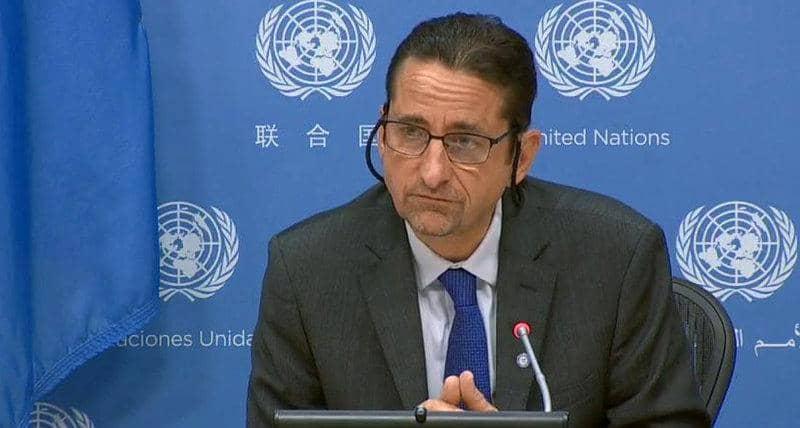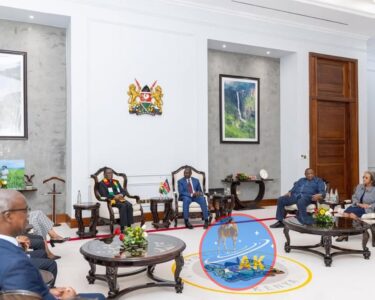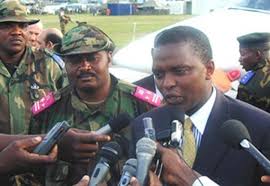
By Analyson Congo
On August 19, 2024, in commemoration of World Humanitarian Day, Bruno Lemarquis, interim Special Representative of the UN Secretary-General and Humanitarian Coordinator in the Democratic Republic of Congo (DRC), expressed deep concern over the international community’s indifference to the catastrophic humanitarian crisis unfolding in the eastern part of the country. In a powerful address, Lemarquis highlighted the escalating violence targeting not only civilians but also humanitarian workers, underscoring the dire and urgent nature of the situation.
A Neglected Humanitarian Crisis
Between January and June 2024, six humanitarian workers were killed and eleven others kidnapped in eastern DRC, with over 200 incidents directly affecting humanitarian actors on the ground. Despite the severity of these attacks, global outrage has been insufficient. The 2024 Humanitarian Response Plan is only 35% funded, leaving hundreds of thousands of vulnerable people without assistance. Lemarquis emphasized that this lack of collective indignation calls into question our humanity and our ability to act against the systematic violence that is destroying innocent lives.
International Implications
Lemarquis’ statement highlights a glaring gap in the international community’s response to the crisis in the DRC. The UN’s and other international actors’ passivity in the face of this catastrophic situation raises questions about their true commitment to protecting the most vulnerable populations. This inaction might force a reevaluation of international strategies, particularly concerning humanitarian response funding. Increased pressure on the United Nations and other institutions could lead to more targeted and effective actions to support the DRC during this critical period.
Regional Impact
Regionally, the crisis in the DRC has significant repercussions on neighboring countries, particularly Rwanda and Uganda, often accused of contributing to the instability in the region. Rwanda’s alleged involvement, in particular, could lead to an escalation in diplomatic tensions. If the international community takes stricter measures, this could include economic and diplomatic sanctions against Rwanda, further exacerbating its isolation in the region. This development could have lasting consequences on Rwanda’s relations with its neighbors and its standing within the international community.
National Challenges and Perspectives
On a national level, the DRC faces a multidimensional crisis marked by armed conflicts, massive population displacements, and the spread of epidemics. Lemarquis’ call for coordinated action underscores the urgency for the Congolese government to strengthen its response capabilities. This includes not only securing the most affected areas but also working closely with international actors to ensure that aid reaches the most vulnerable populations. This crisis, which has persisted for decades, requires a comprehensive and sustained response to prevent further deterioration.
Consequences for Rwanda
Rwanda, accused of destabilizing eastern DRC, could face severe consequences if these allegations continue. Economic sanctions, reduced international aid, and increased diplomatic pressure are among the risks facing the country. In the long term, these measures could severely damage Rwanda’s economy and further isolate it on the global stage. To avoid such repercussions, Rwanda must reconsider its role in the region and collaborate in seeking a peaceful solution to the conflict.
Conclusion
Bruno Lemarquis’ intervention on World Humanitarian Day is a poignant reminder of the urgency of the situation in the DRC. He calls for immediate and coordinated action to protect vulnerable populations and end a humanitarian crisis that has persisted for far too long. Now is the time for the international community, regional actors, and the Congolese government to take concrete steps to reverse the trend and bring hope for peace and stability to the region.
Signed: Analyson Congo




